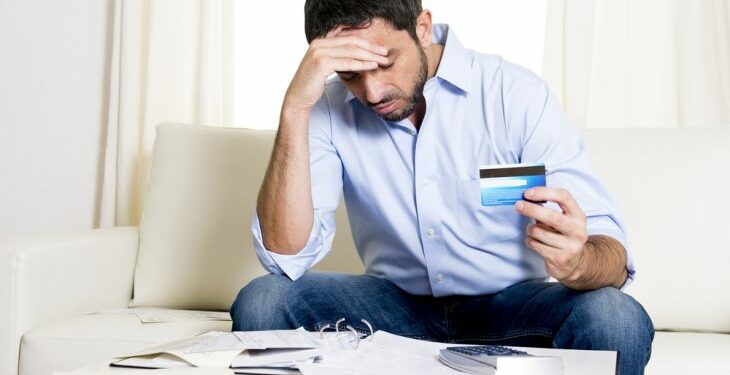If you’re contemplating how to get out of credit card debt, remember that you’re not alone. The average American household owes more than $15,000 on credit cards. Paying off credit card debt successfully necessitates a hands-on strategy. Let us look at four ways you can lower your card debt.
1. Contact Your Credit Card Company
If you’re having trouble making card payments in the near term, the first action you should take is to contact your credit card company and ask for assistance. Various credit card companies provide financial help to their clients, mainly by allowing them to miss payments, but you must phone or send out a message to request assistance. They will likely understand your situation and as long as you let them know beforehand, they will be willing to help you find new payment options going forward.
2. Concentrate Your Efforts on Paying the Minimum Payments on Your Credit Cards
If you’ve been working hard to pay off card debt, it might be disheartening to lose your job and find yourself unable to repay as substantially as you used to. With this in view, don’t be too harsh on yourself when you can’t afford to pay off your credit card debt right now. Make minimal payments so that you don’t endanger your finances. You might even want to concentrate on preserving as much money as possible right now, especially if you’re facing income loss or loss of employment. Every dollar of what you are able to save each month should first go toward paying off your credit card debt. It will seem overwhelming at first, but you will be surprised at the difference each dollar will make.
3. If You Can, Avoid Using Credit Cards
It could also be a good idea to limit your credit card usage for a while if only to avoid accumulating larger amounts that will be difficult to settle off later. Remember that credit cards, due to their extremely high-interest rates, perform badly as short-term financing. If you can limit your spending and go on a shoestring budget for some time, you could profit from paying for everything with a debit card or cash until you get back on the right track. Paying with cash will also help you see how much you are actually spending and help you stick to a budget in the future to avoid getting yourself into more credit card debt.
4. Get a Personal Loan to Consolidate Debt
You might also seek debt consolidation with a private loan. For clients with strong credit, most personal loans have interest rates as little as 5.99 percent. Personal loans are an excellent alternative since they have set interest rates, monthly installments, and payback schedules. This makes it easy to know how much you owe every month and when you will be debt-free. Just make sure that if you seek a private loan to reduce your debts, you do not use your credit card shopping. If you continue to use credit after consolidating your obligations into a new private loan, you risk worsening your situation.
Before making any major financial decisions, make sure you weigh the benefits and drawbacks of any approach you’re contemplating and all your available choices. You might want to consider setting up a meeting with a credit card debt lawyer through the process. A credit card debt lawyer has expertise in handling the legal system, increasing the likelihood that you’ll be victorious in conquering any legal difficulties you may encounter due to impending debt. A debt attorney can advise you on the best way to resolve your financial problems.
Along with working with professionals, remember the above tips for making your credit card debt feel a little less overwhelming and defeating. With some work, you can always find your way back to financial freedom and finally get out of debt.
Emma is a freelance writer based out of Boston, MA. She writes most often on health
and education. When not writing, she enjoys reading and watching film noir. She recommends working with a credit card debt lawyer to help you take care of your credit card debt. Say hi on
Twitter @EmmaSturgis2








